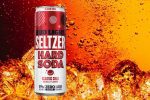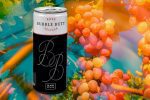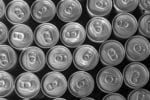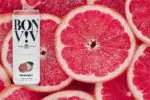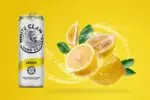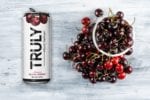States are Banning Hard Seltzer. Seriously.
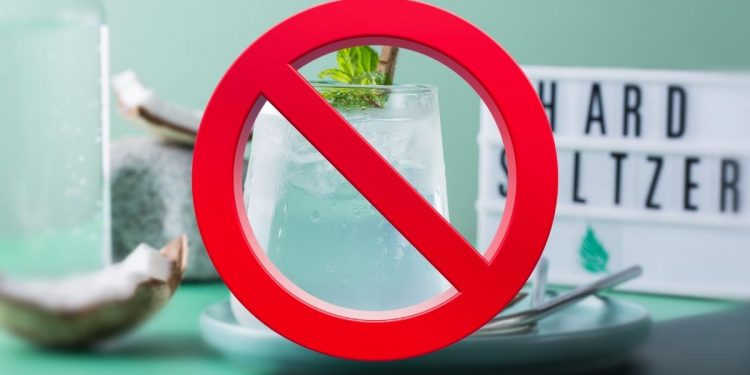
States are Banning Hard Seltzer. Seriously.
If you’re following the rise of Utah’s Senate Bill 176, you’re already aware that as of July 1st, 2022, the state of Utah may ban 39 Hard Seltzer varieties due to the flavors they use in their products. Yes. This is not a drill. States are banning hard seltzer. If Senate Bill 176 passes, hard seltzer drinks that use ethyl alcohol – like Vizzy and many others — will be pulled from the shelves. Whereas drinks with glycol-based flavoring are in the clear.
Do these flavors make the hard seltzers more alcoholic?
No.
Are these flavors dangerous?
Also, no.
Then, why would they ban them?
Good question. This is making us scratch our heads as well. As far as we can tell, Utah plans to pull these hard seltzers from their shelves over a technicality. One thing we do know is that Utah has had a long-time aversion to drinks they deem “alcopops” due to the perceived temptation they pose to children. In 2008, after Utah passed a law banning Mike’s Hard Lemonade and other similar fruity drinks, alcohol producers altered the recipes so their products could be considered “beer”. Fast forward fourteen years, and a similar law is reborn, just a little tweaked.
However, Utah is not the only state threatening hard seltzer over a technicality. Only last year, Oregon, another Liquor Control State, released a “clarification” reclassifying many hard seltzers as wine, retroactively increasing its excise tax rate and limiting its distribution. This reclassification came down to whether the hard seltzers derived their liquor primarily from cane sugar or other grains used in “malt liquor” (such as corn). This reclassification raises these hard seltzers’ excise taxes over eight times higher.
One little technicality can lead to one heck-of-a-lot of money.
First of all, alcohol accounts for 10% of the US government’s excise taxes – that was over 10 billion dollars in 2019. Second, the rate at which the government levies excise taxes on alcohol depends on how the alcohol is classified. For example, many states tax beer at the lowest rate, then wine, and then they tax distilled liquors the heaviest. Third, hard seltzer is an 8.95 billion dollar industry and fast-growing. All of which results in the fact that there’s a great deal of dead presidents in the balance.
Aside from a moneymaker, legislative bodies worldwide seem to be struggling with knowing how to classify hard seltzers at all.
Is it beer? Sort of?
Is it wine? Maybe?
Is it a low-cal, low-sugar alcohol-water?
The UK’s Advertising Standards Authority says a firm no. Or, perhaps it’s more accurate to say that even if there are health benefits to choosing specific hard seltzers, the ASA bans alcohol producers from using that fact in their marketing. According to the ASA, claiming “low carbs” and/or “low-sugar” is a health claim, and the ASA “…has been making [it] clear for years to advertisers that health claims on alcoholic beverages are prohibited.” Brewdog Hard Seltzer’s ad got double-censored when they submitted a paid post on Instagram hinting that though they could not claim to be a healthy alternative, they were.
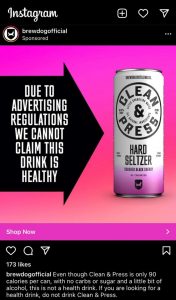
Brewdog’s banned Instagram ad for Clean & Press Hard Seltzer. Image source: Manchester Evening News
Will these bans and regulations spread beyond Liquor Control States and the UK?
It’s possible. The uneasiness between the government and hard seltzer doesn’t stop there, only last summer, US Customs and Border Protection revoked popular hard seltzers’ status as beer, increasing the duty to 4.2 cents per liter.
A lot of this hard seltzer legislation confusion seems to stem from hard seltzer’s newness and popularity. The first hard seltzer released on the market in the early 1990s. In contrast, people have been selling distilled alcohol as far back as the 12th century, hard cider 55 BCE, beer 4,000 BCE, and wine in 7,000 BCE. Some of the United States’ current liquor legislation dates back to the 19th century. Maybe the world just hasn’t caught up yet.
On any account, here’s a list of flavors that may be banned this summer in Utah. If you’re feeling a little rebellious (whether you live in Utah or not), grab one and raise a can.
Read Seltzer Nation’s Hard Seltzer Reviews.
BonViv Spiked Seltzer
Black Cherry
Coconut Pineapple
Cranberry
Grapefruit
Lemon Lime
Bud Light Seltzer
Lemon Lime
Mango
Strawberry
Coors Hard Seltzer
Pure Berry
Citrus
Coors Black Cherry
Grapefruit
Mango
Raspberry
Leinenkugels Hard Seltzer
Grapefruit
Pineapple Strawberry
Spritzen Raspberry Lemon
Pompette Hard Seltzer
Clementine Berry
Cucumber Lime
Grapefruit Bergamot
Lemon Mint
Rose Hibiscus
Truly Hard Seltzer
Lemon Tea
Peach Tea
Raspberry Tea
Strawberry Tea
Vizzy
Black Cherry Lime
Blackberry Lemon
Blueberry Pomegranate
Blueberry Watermelon
Kiwi Watermelon
Mango Watermelon
Papaya Passionfruit
Pineapple Mango
Raspberry Lemonade
Raspberry Tangerine
Strawberry Kiwi
Strawberry Lemonade
Watermelon Strawberry
List of flavors compiled by Salt Lake City Tribune.

